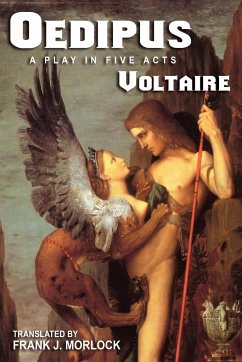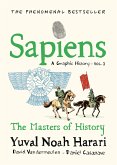Based on Zola's 1867 novel, and dramatized by the author in 1873, this play is almost a French version of the Russian novel, Crime and Punishment. Thérèse and her lover, Laurent, decide to kill her likable but sickly husband, Camille (also her husband), and succeed in doing so without arousing any suspicion. The boating accident that ends Camille's life also makes Laurent a hero for rescuing Thérèse. The lovers remain apart for a year, until friends of the family suggest they marry. But both are remorseful and guilt-ridden. Finally, Thérèse's mother discovers the truth, but suffers a stroke and cannot speak. She just stares at them, and her presence drives the lovers down the path to destruction. A powerful and believable story that plays well even today.
Hinweis: Dieser Artikel kann nur an eine deutsche Lieferadresse ausgeliefert werden.
Hinweis: Dieser Artikel kann nur an eine deutsche Lieferadresse ausgeliefert werden.








